
Blog
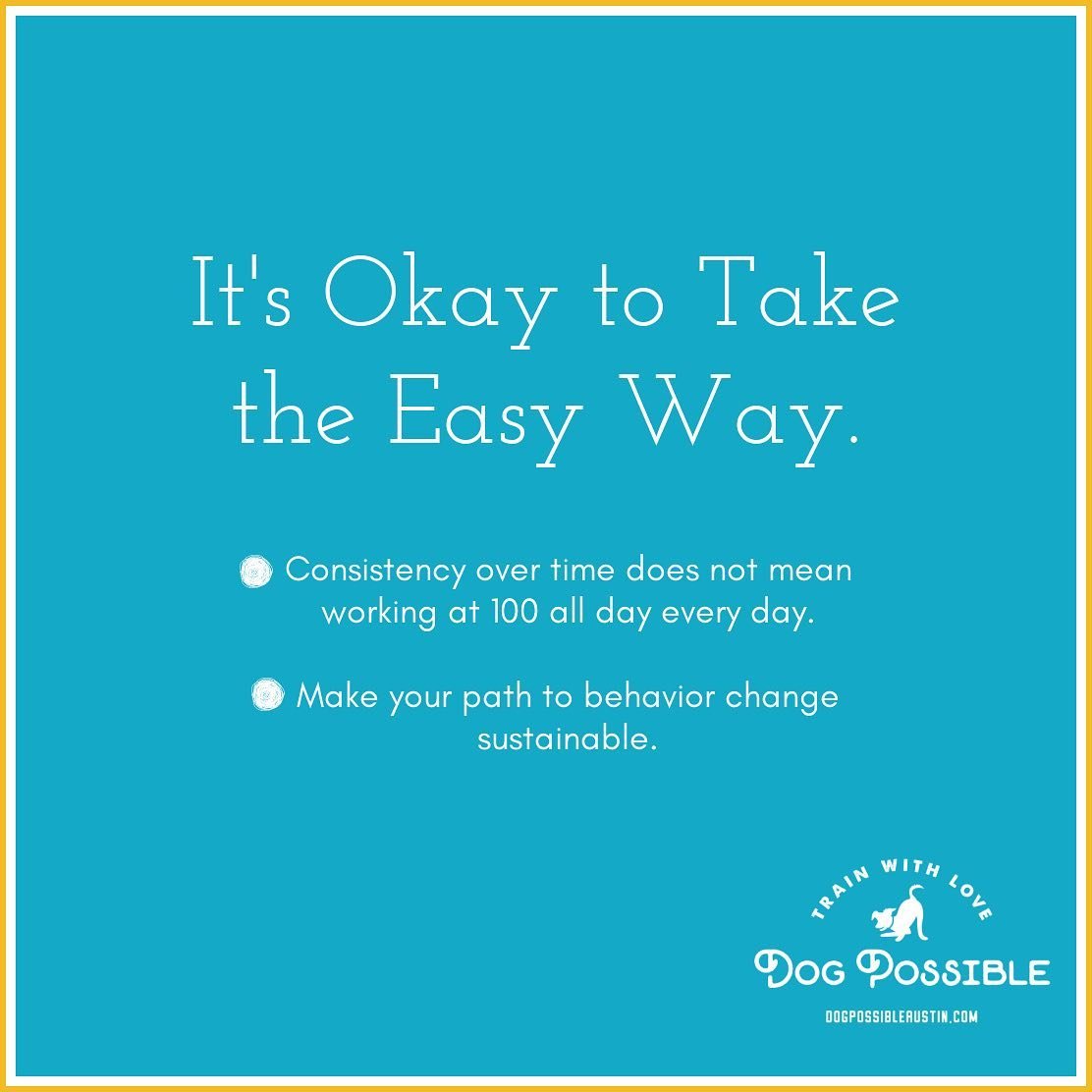
Dog Training Secret: It’s Okay To Take the Easy Way!
Behavior change has to be sustainable and stress is an ingredient we want to minimize, not pile on. Try to integrate your dog’s behavior modification into your daily routine in as natural (and enjoyable) a way as possible, take breaks when you need them, and reach out to your trainer for help.
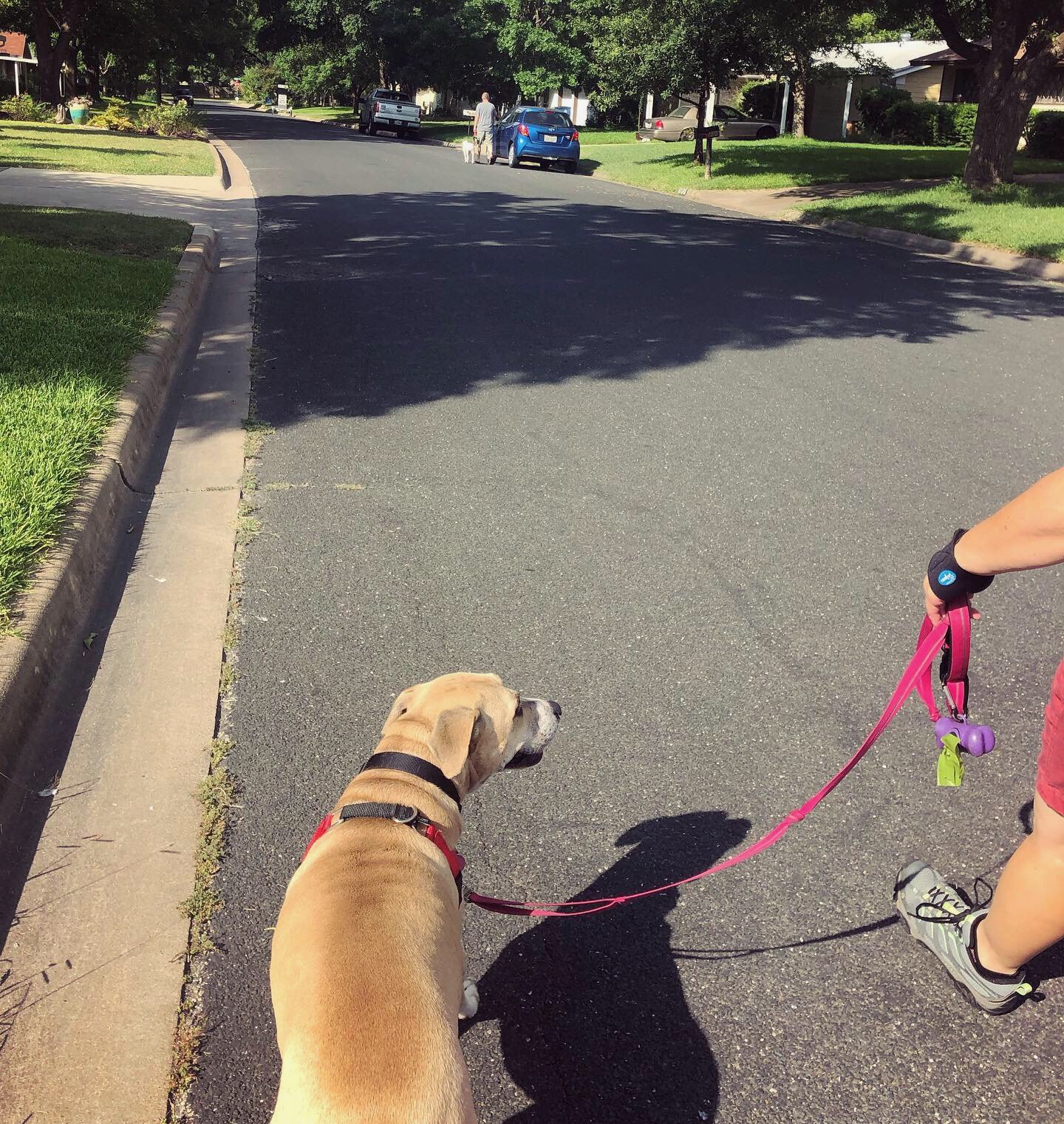
What Does Generalization Mean in Dog Training?
n dog training terms, generalization means a dog is able to perform a behavior and/or to experience an associated emotional response across different contexts.
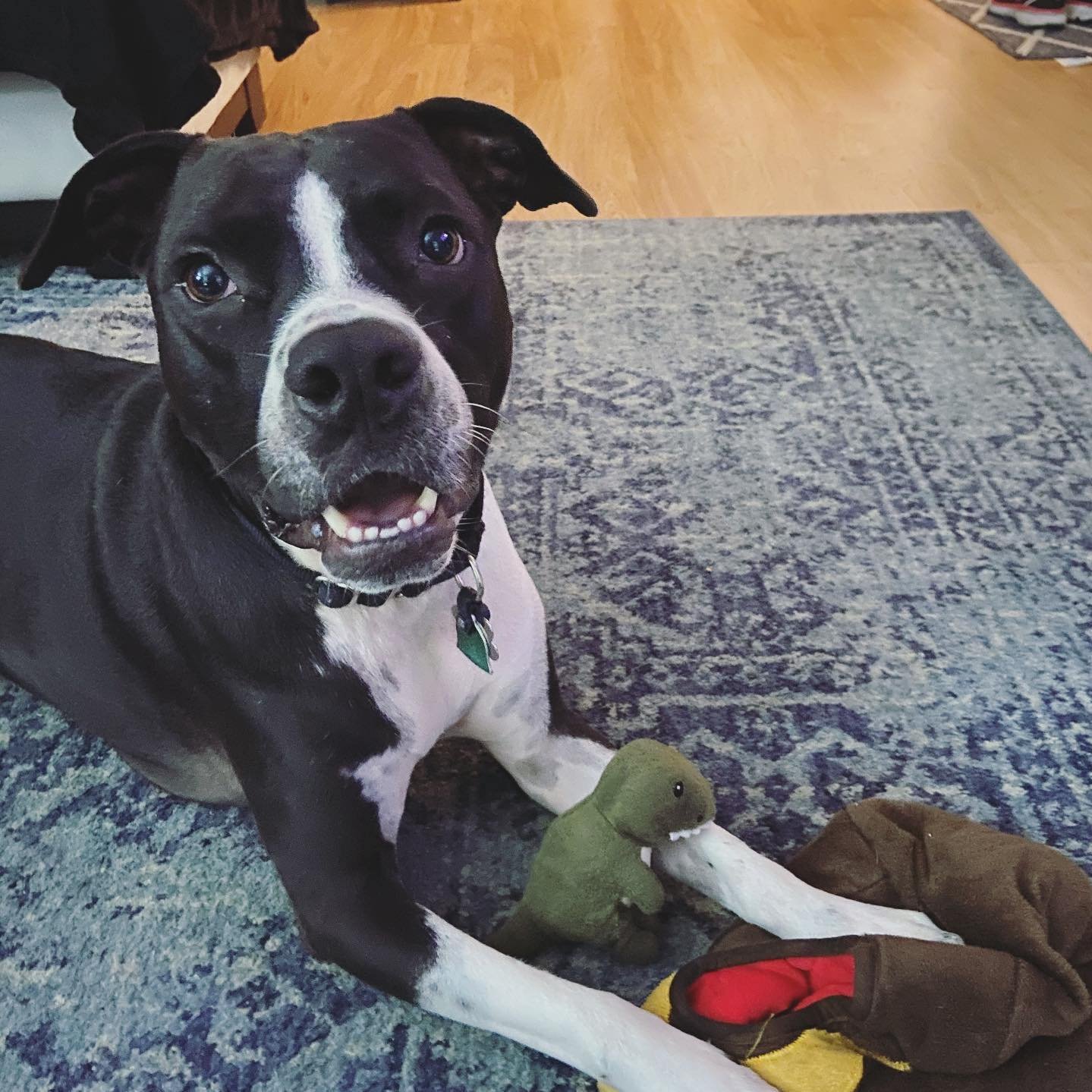
Neuroplasticity and Behavior Change
If you’re wondering whether neuroplasticity really is important to dog training, it absolutely is. And taking a minute to give this post a read might help you better understand a big part of the why behind your dog’s training plan.
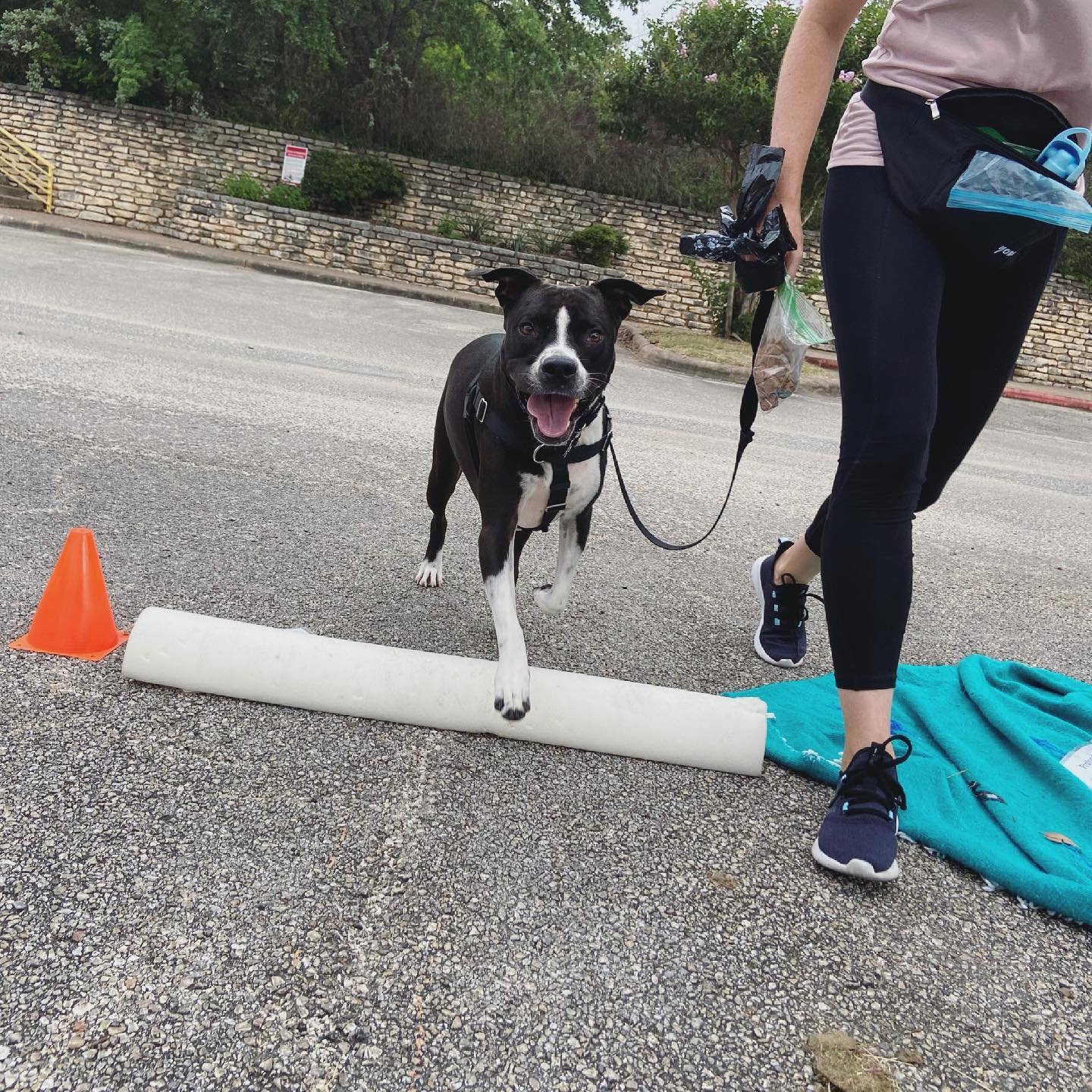
How To Choose a Dog Trainer
Before you start your search, here is some excellent background information to keep in mind:
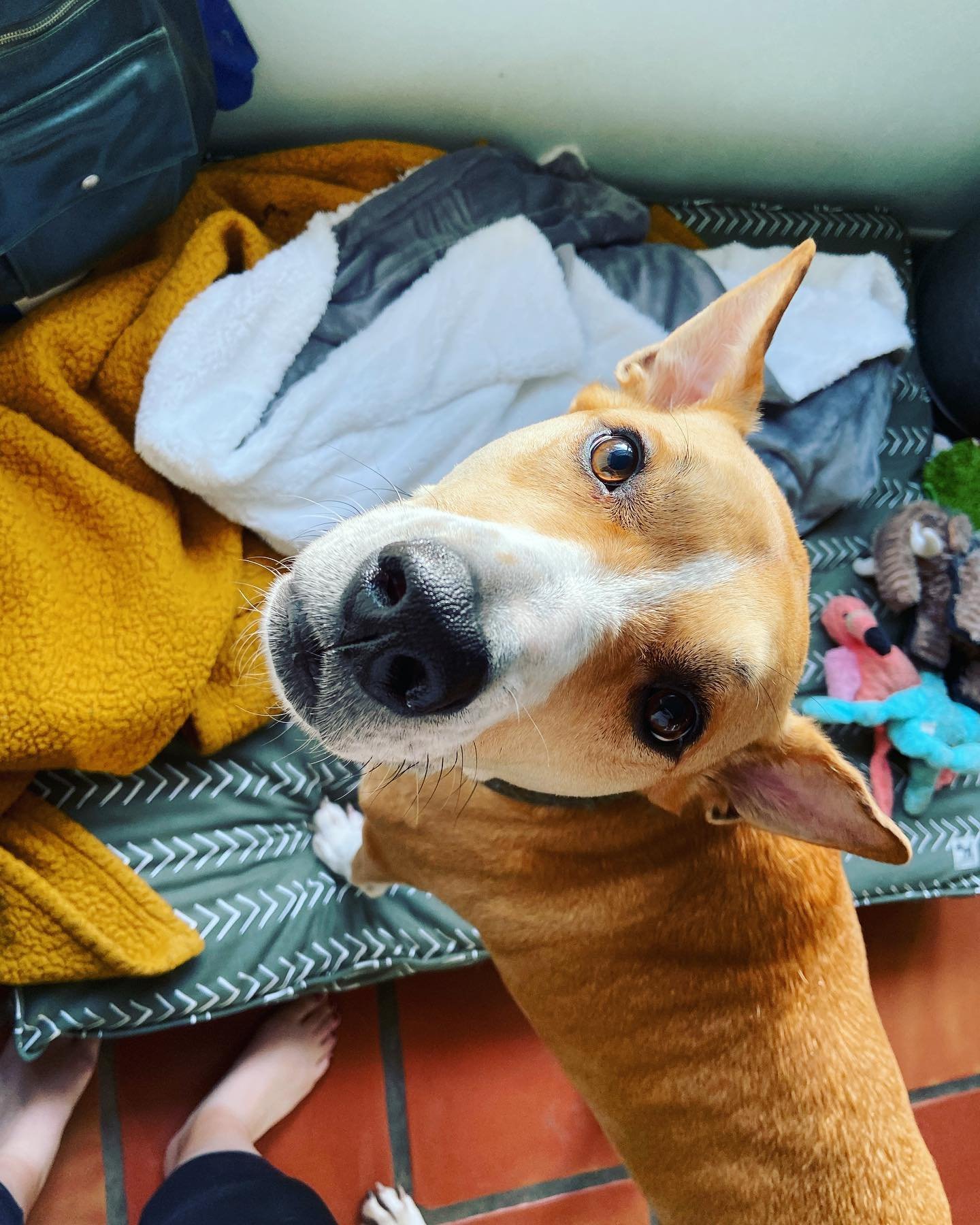
Create a Comfort Area For Your Dog
Do you have a dog who would benefit from having their own space in certain situations? Create a comfort area for them!
A comfort area can help ensure safety, prevent a dog from practicing unwanted behaviors or an emotional state we’re trying to change, and create a better & more successful experience for everyone.

Dog Bites and What We Can Do to Prevent Them

Why Follow Leash Laws…
Let’s look at the reasons a dog may not want to be approached by an off-leash dog no regardless of how friendly or well-trained the off-leash dog’s owners insist he or she is…

Using Food in Dog Training
So why should you use food in training? In short, it is the single most effective and adaptive training tool you have.
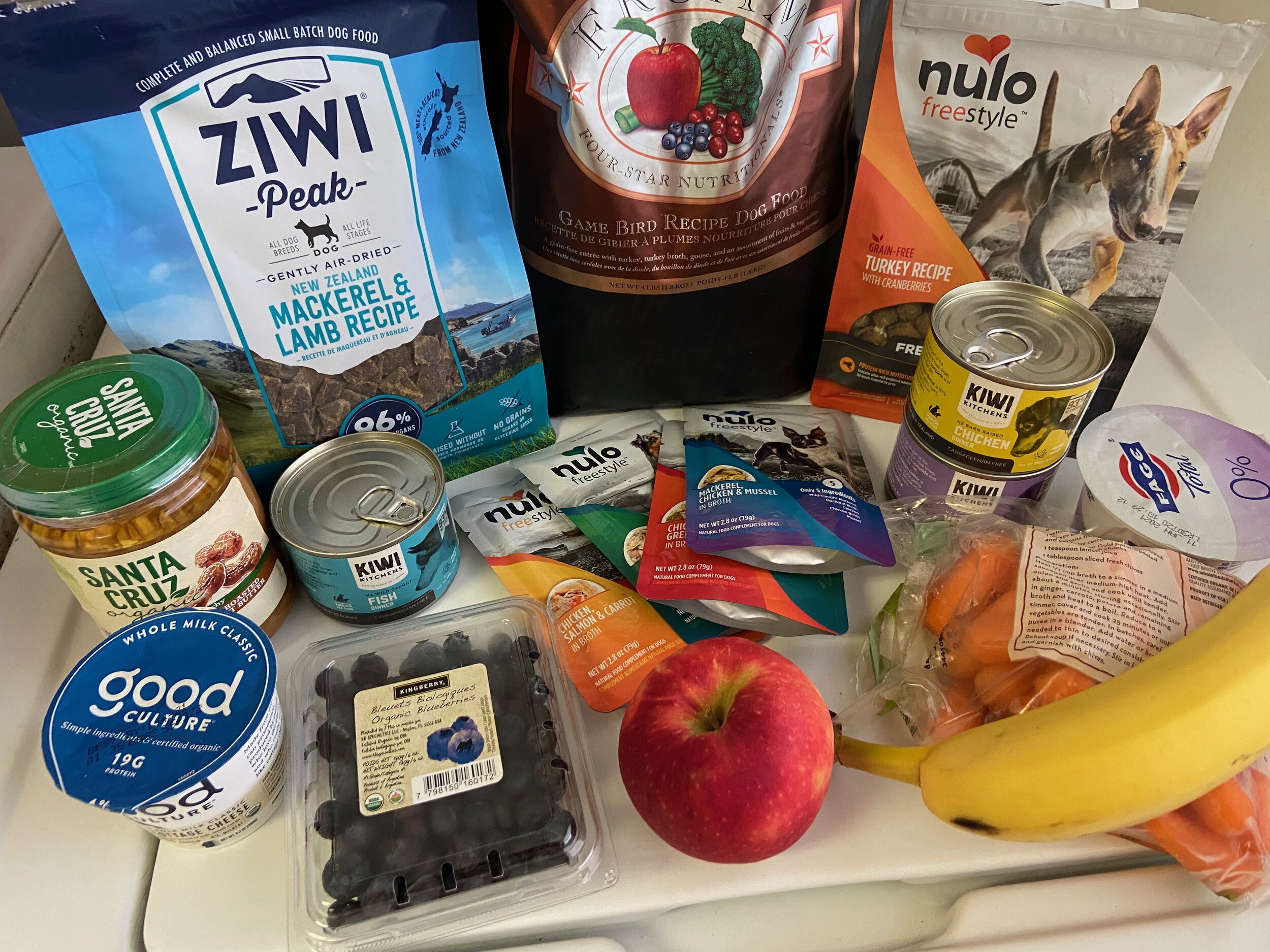
Keep it Healthy: Food for Training and Enrichment
So you’ve embraced using food in training (whoohoo!). How do you keep food based enrichment and reinforcement healthy, especially for a pup who is currently receiving a higher than average quantity or who is prone to getting a little hefty?
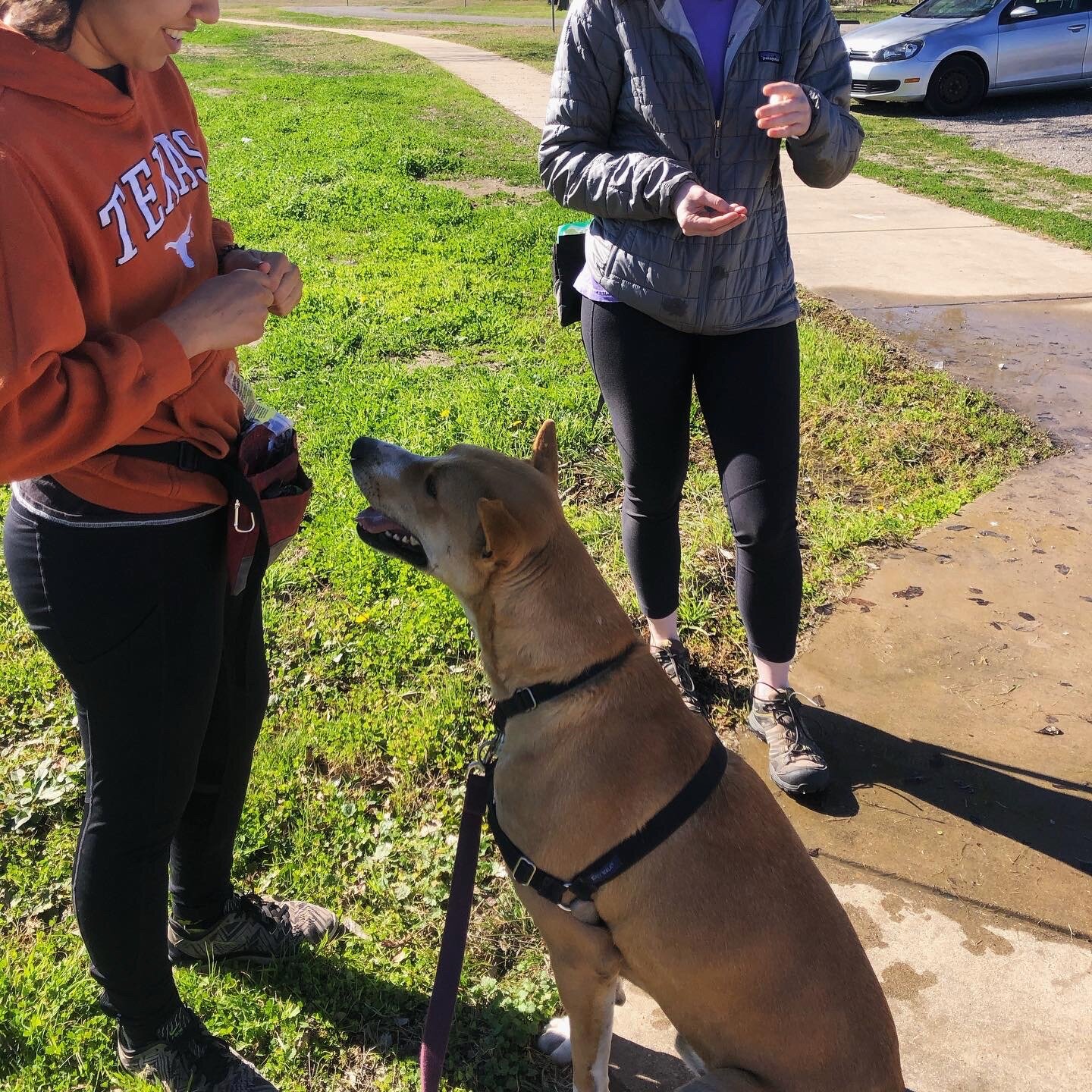
Front Loading the Work
In a nutshell, this means we meet the dog where they really and truly are in the training process and progress at the pace they need us to in order for learning and behavior change to be successful.

Preventing Behavior Issues During a Pandemic
So what can we be doing to make the most of this time with our dogs while setting them up to succeed when we emerge from shelter in place and social isolation protocols?
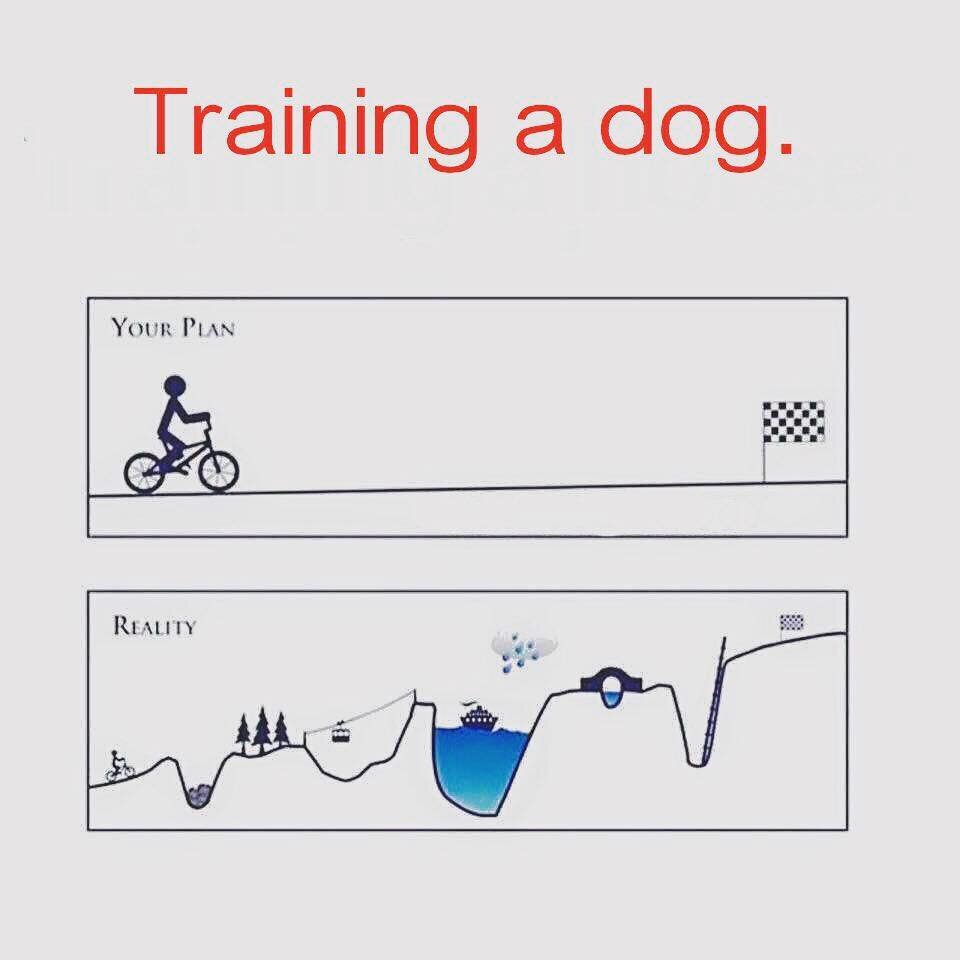
Finding a Smoother Training Journey
Most trainers and pet owners will recognize this image as one of the most accurate the internet has produced. It resonates so deeply because we’ve experienced it personally but let’s think about why that is. Why doesn’t dog training look like that first nice flat line?
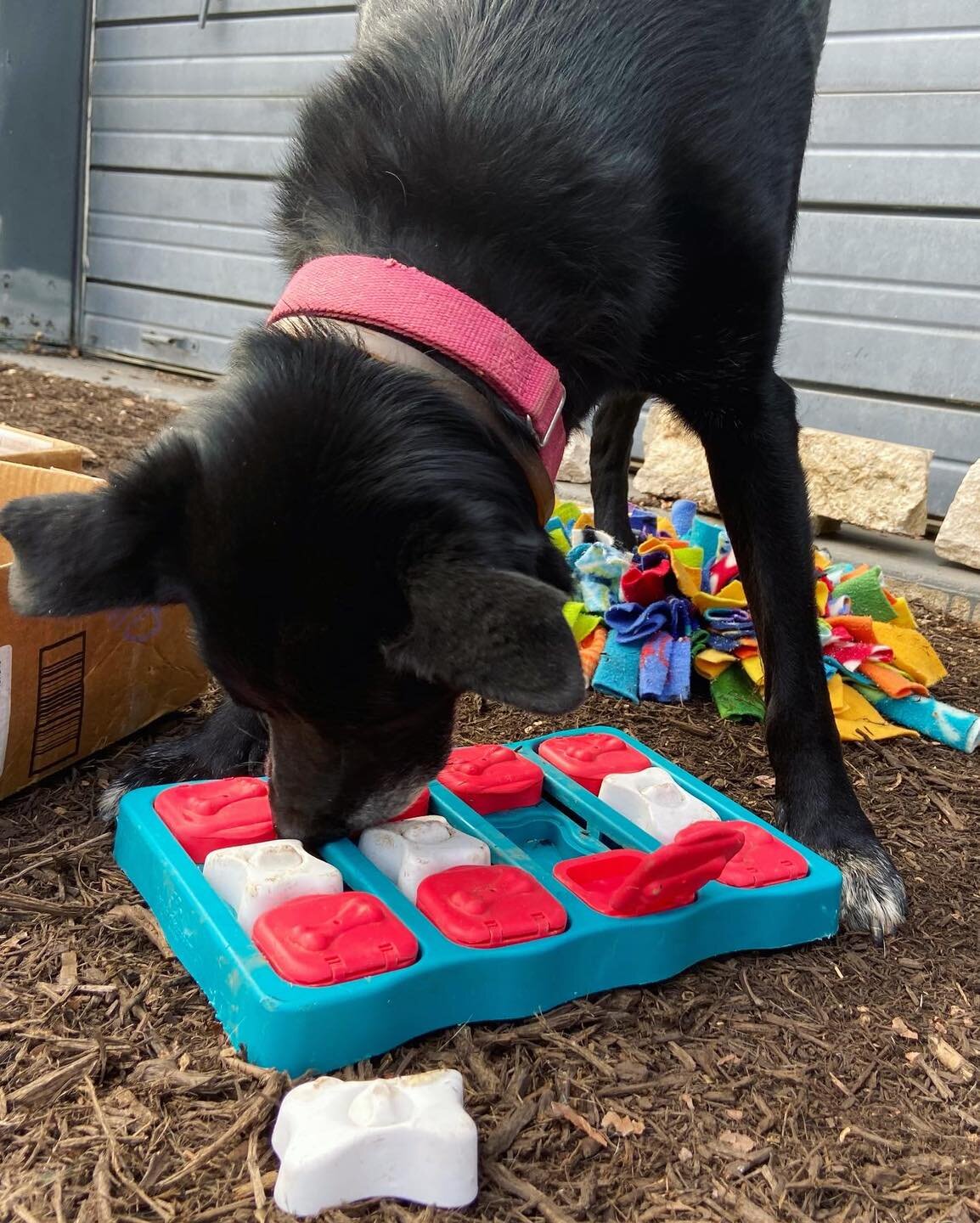
Enrichment and Behavior
If we could change just one thing to positively impact the lives of dogs in homes and housed in shelters, it would be this: provide regular, varied, species appropriate enrichment.

Is He Good with Other Dogs?
How a dog engages with other dogs depends on a variety of factors including not just that dog's personality but the personality of the dog(s) with whom he/she is interacting, the environment in which they are interacting, the behavior of the humans present, and any number of variables…

Leash Gremlins Need Love Too: Help for Reactive Dogs
Reactivity is one of the single most common behavior issues faced by dogs and their people. In fact, many of us need only glance a few inches down the couch to see our very own much loved leash gremlins.
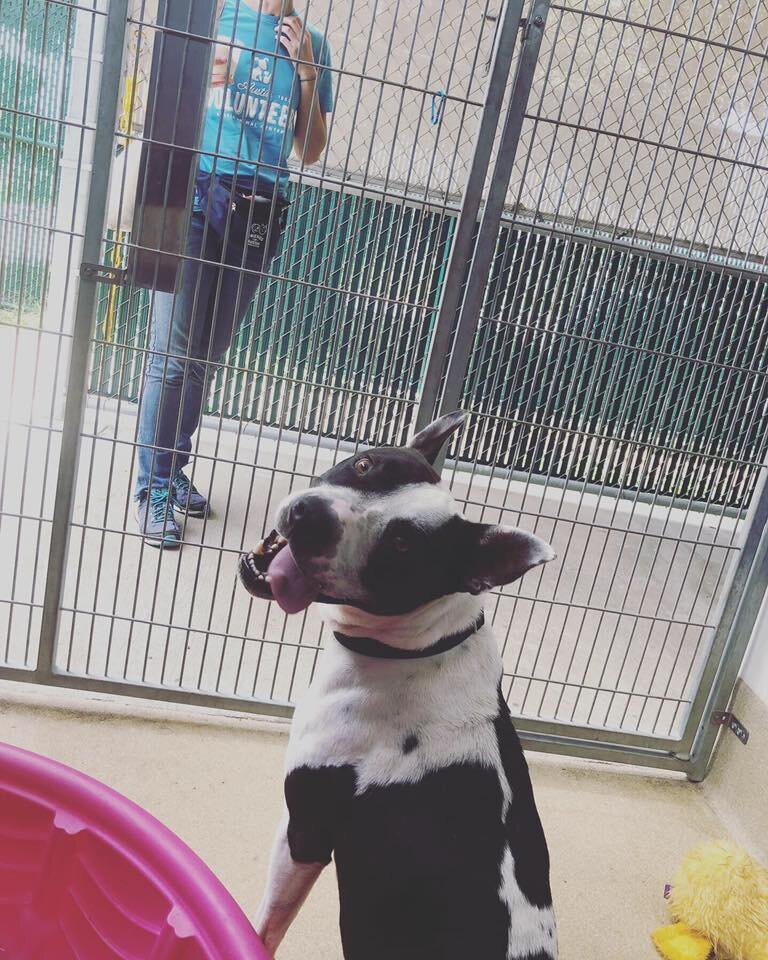
The Emotional Lives of Shelter Dogs, Part Two
The importance of the connection between shelter dogs and the individuals caring for them cannot be overstated. What happens within these relationships sets the tone for day to day shelter life and what possibilities it does, or does not, hold.

The Emotional Lives of Shelter Dogs, Part One
What is discussed somewhat less often are the emotional lives of shelter dogs. Dogs in shelters spend far too much of their time alone, with little to do. Their lives are more stressful and frustrating than is natural, acceptable, or necessary.
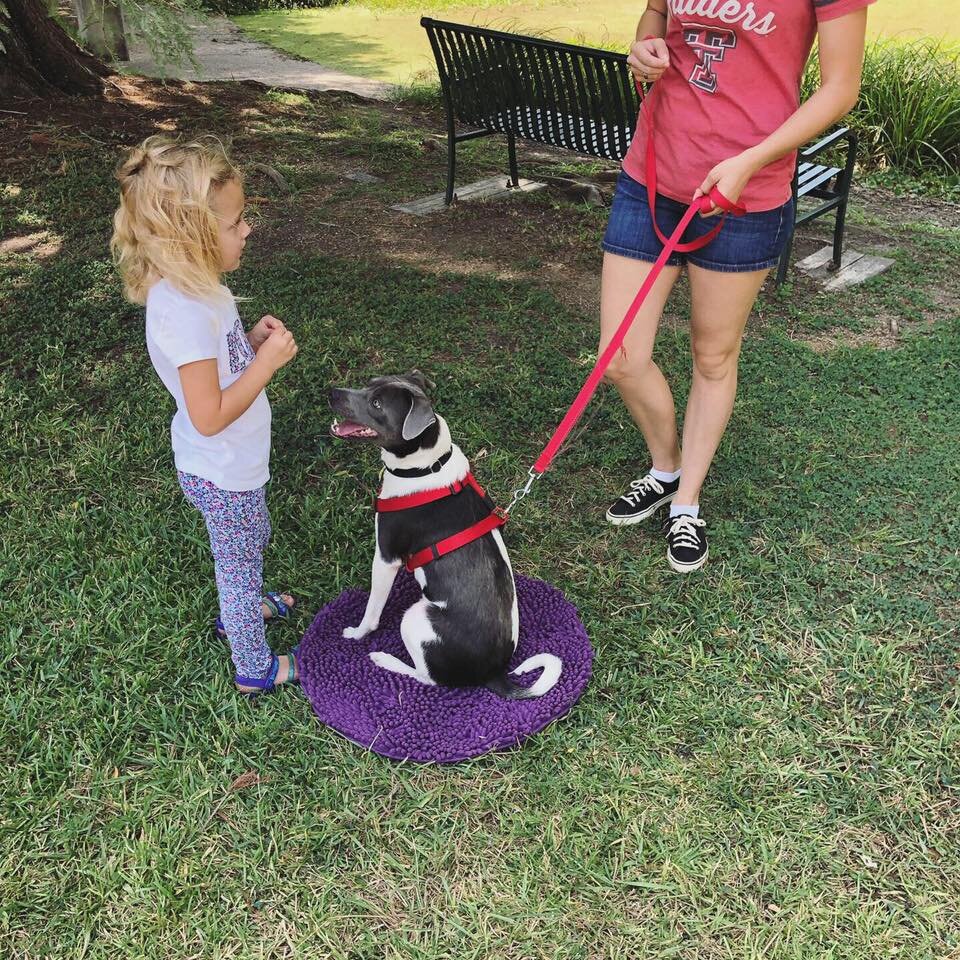
What *Can* Kids Do with Dogs?
A safety first mindset is critical when it comes to dogs. But what about the fun things that are in the approved column of all the great but maybe less obvious stuff kids and dogs *can* do together? And can the fun stuff help us teach and facilitate safe interactions? We think so!
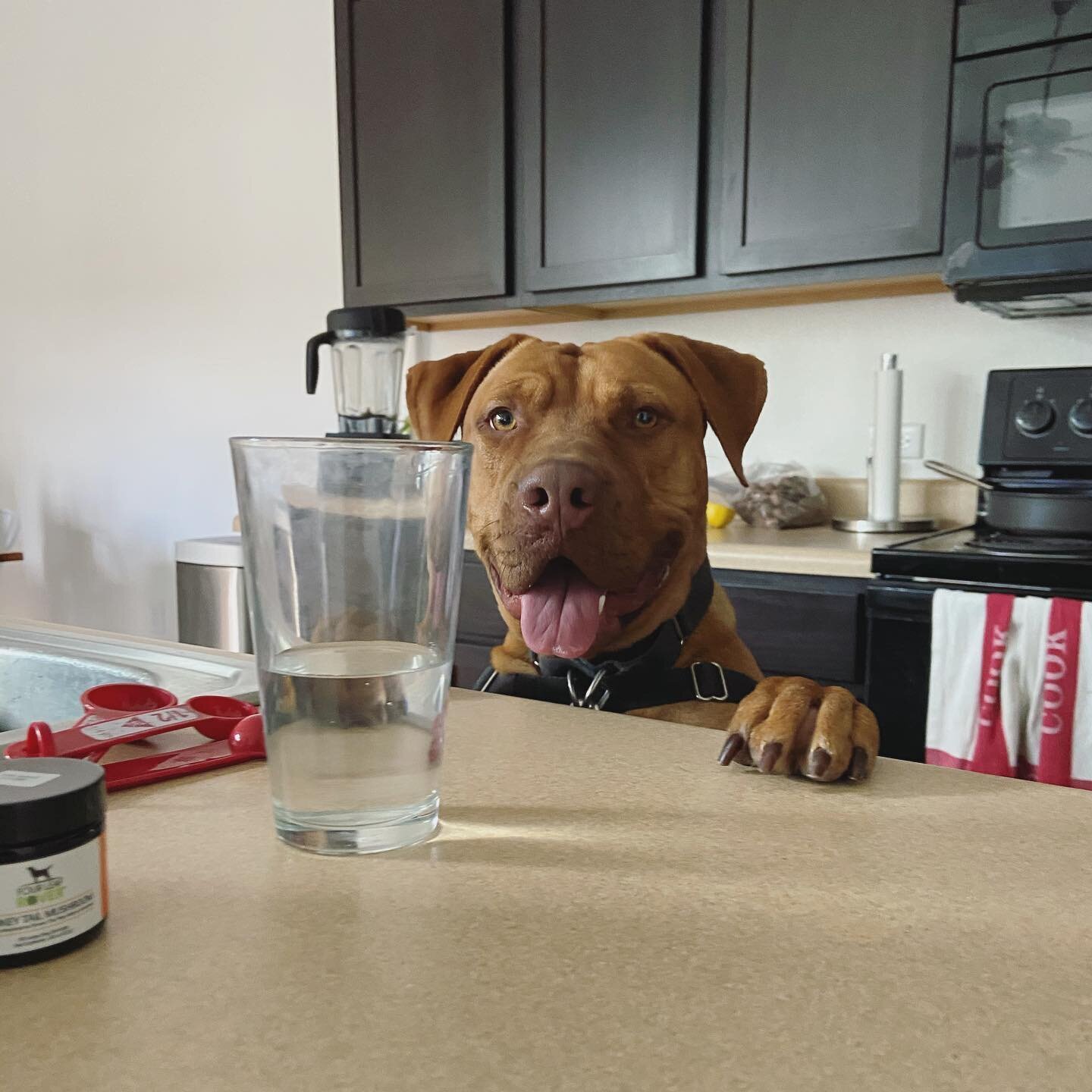
I Need To Return This Dog
We wanted to explore this issue from a dog behavior perspective. Specifically, the behavior related reasons for dog returns we've seen repeatedly throughout the years.

Catch Your Dog Doing Something Good
While “Not Causing Mortal Injury to Fellow House Beast” certainly isn't a lofty life goal, it is an extreme illustration of something we humans miss out on everyday: the simple act of catching your dog (or cat or horse or gerbil or fish or significant other) doing something Good.
